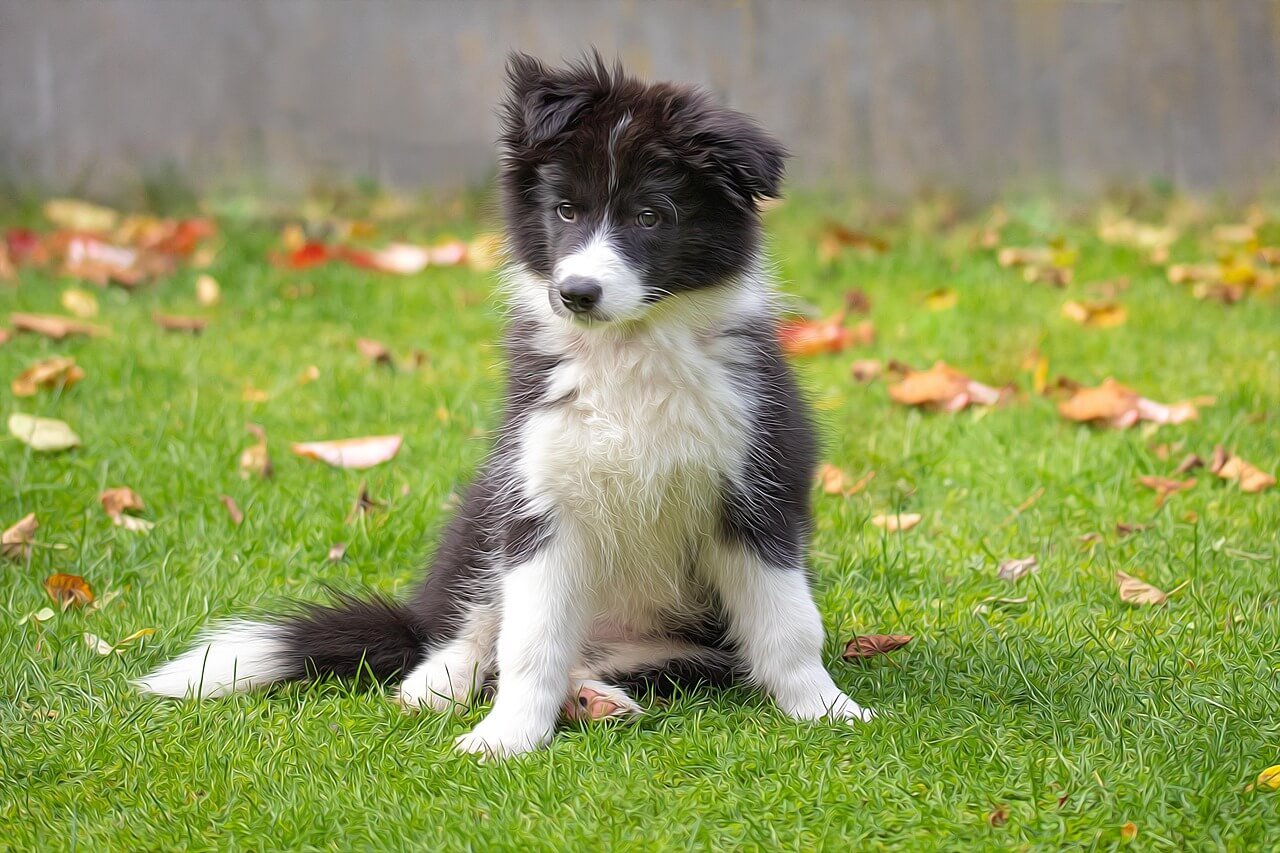Dog Rhinitis Natural Treatment: Soothing Your Pup’s Nose Naturally
If your dog has been sneezing, snuffling, or showing signs of nasal discomfort, they may be suffering from rhinitis—a condition characterized by inflammation of the nasal passages. While rhinitis can be caused by allergies, infections, or environmental irritants, many pet owners are turning to natural treatments to alleviate their dog’s symptoms. Natural remedies not only provide relief but also minimize the risk of side effects associated with conventional medications.
In this blog post, we’ll explore effective natural treatment options for dog rhinitis, helping you support your furry friend’s health in a gentle and holistic way. Whether you’re new to natural care or looking for additional solutions, this guide will equip you with practical tips to soothe your dog’s irritated nose.
Common Symptoms of Dog Rhinitis
Before diving into natural treatments, it’s important to recognize the signs of rhinitis in dogs. Identifying these symptoms early allows you to address the issue promptly and prevent complications. Here are some common indicators that your dog may be dealing with rhinitis:
Persistent sneezing or reverse sneezing episodes
Nasal discharge, which may be clear, yellow, or green
Snoring or noisy breathing due to nasal congestion
Pawing at the face or rubbing the nose on surfaces
Reduced appetite or difficulty eating due to nasal discomfort
Understanding these symptoms helps you take the first step toward providing relief. If your dog exhibits any of these signs, consider exploring natural remedies to ease their discomfort and improve their quality of life.
Natural Remedies for Dog Rhinitis
When it comes to treating dog rhinitis naturally, there are several safe and effective options to try. These remedies focus on reducing inflammation, boosting immunity, and soothing irritated nasal passages. Here are some tried-and-true natural treatments:
Use a humidifier to keep the air moist and ease nasal congestion
Offer herbal teas like chamomile (cooled) as a calming drink
Apply a saline nasal spray to clear debris and reduce irritation
Incorporate omega-3 fatty acids from fish oil into their diet
Use essential oils like eucalyptus (diffused safely) to promote respiratory health
These natural solutions can provide significant relief for your dog while avoiding harsh chemicals. Always introduce new remedies gradually and monitor your dog’s response to ensure safety.
Check this guide 👉Understanding Brachygnathism in Dogs: Best 7 Health Tips!
Check this guide 👉Understanding Vaginitis in Dogs: Best 7 Health Tips!
Check this guide 👉Understanding Pulmonic Stenosis in Dogs: Best 7 Tips!

Natural Remedies for Dog Rhinitis | Benefits for Your Dog |
|---|---|
Humidifier use | Reduces nasal dryness |
Saline nasal spray | Clears nasal passages |
Herbal teas | Calms irritation |
Omega-3 supplements | Boosts immune function |
Eucalyptus oil diffusion | Supports respiratory health |
Lifestyle Adjustments to Support Recovery
In addition to natural remedies, making lifestyle adjustments can play a crucial role in managing dog rhinitis. These changes create a healthier environment for your pup and reduce triggers that worsen their symptoms. Here are some practical steps to consider:
Keep your home free of dust, mold, and strong odors
Bathe your dog regularly to remove allergens from their coat
Avoid exposing your dog to cigarette smoke or chemical cleaners
Provide a balanced diet rich in vitamins and antioxidants
Ensure your dog gets regular exercise to boost circulation
By implementing these adjustments, you can create a supportive environment that promotes healing and minimizes the risk of recurring rhinitis.
Signs It’s Time to See a Veterinarian
While natural treatments can be highly effective, there are times when professional veterinary care is necessary. Recognizing when to seek help ensures your dog receives the appropriate treatment for their condition. Here are some warning signs that warrant a vet visit:
Bleeding from the nose or persistent bloody discharge
Difficulty breathing or labored breathing
Fever or lethargy accompanying nasal symptoms
Swelling or deformity around the nasal area
Symptoms that worsen despite natural treatments
Prompt veterinary attention can rule out serious underlying causes and provide targeted care for your dog. Trust your instincts—if something feels off, it’s always better to err on the side of caution.
Preventing Rhinitis in Dogs
Prevention is always better than cure, especially when it comes to conditions like rhinitis. By taking proactive steps, you can reduce the likelihood of your dog developing nasal inflammation or experiencing recurring episodes. Here are some preventive measures to consider:
Keep your home well-ventilated and free of dust mites
Use natural cleaning products instead of harsh chemicals
Regularly wash your dog’s bedding to remove allergens
Avoid walks during peak pollen seasons if your dog is sensitive
Schedule routine vet check-ups to monitor overall health
By implementing these preventive strategies, you can minimize potential triggers and keep your dog’s respiratory system healthy. A little effort goes a long way in safeguarding your pup’s well-being.
Boosting Your Dog’s Immune System
A strong immune system plays a vital role in preventing and managing rhinitis. Supporting your dog’s immunity can help them fight off infections and recover more quickly from nasal irritation. Here are some ways to naturally boost your dog’s immune system:
Feed them nutrient-rich foods like sweet potatoes, blueberries, and spinach
Add probiotics to their diet to support gut health
Ensure they get plenty of rest and downtime
Provide fresh, clean water at all times
Incorporate moderate exercise into their daily routine
A robust immune system not only helps combat rhinitis but also improves your dog’s overall resilience to illnesses. Prioritizing their health through nutrition and care can make a world of difference.
Natural Ways to Reduce Allergen Exposure
Allergens are a common cause of rhinitis in dogs, and reducing exposure can significantly alleviate symptoms. By creating an allergen-free environment, you can help your dog breathe easier and reduce nasal irritation. Here are some practical tips to minimize allergen exposure:
Vacuum frequently to remove pet dander and dust
Use hypoallergenic shampoos during baths
Keep windows closed during high-pollen days
Wash your hands after handling potential irritants like grass or plants
Remove shoes before entering the house to avoid tracking in allergens
These simple yet effective measures can create a safer and healthier space for your dog. Reducing allergen exposure not only eases rhinitis symptoms but also enhances their quality of life.
FAQ
Can rhinitis in dogs go away on its own?
Mild cases of rhinitis may resolve without treatment, but persistent or severe symptoms require intervention.
Are essential oils safe for dogs with rhinitis?
Some essential oils, like eucalyptus, can help, but they must be used cautiously and never applied directly to the skin or ingested.
How long does it take for natural remedies to work?
Results vary depending on the severity of the condition, but improvements are often seen within a few days to weeks.
Can allergies cause rhinitis in dogs?
Yes, environmental or food allergies are common triggers for rhinitis in dogs.
Is a humidifier safe to use around dogs?
Yes, a humidifier is safe and can help soothe nasal irritation, provided it’s cleaned regularly to prevent mold growth.
Conclusion: A Holistic Approach to Dog Rhinitis
Treating dog rhinitis naturally offers a gentle and effective way to address your pup’s nasal discomfort while promoting overall well-being. By combining natural remedies, lifestyle adjustments, and attentive care, you can help your dog breathe easier and feel more comfortable. Remember, every dog is unique, so it’s important to tailor your approach to their specific needs. If symptoms persist or worsen, don’t hesitate to consult a veterinarian for guidance. With patience and dedication, you can support your furry friend through rhinitis and ensure they continue to lead a happy, healthy life.
Do Cats Have Taste Buds? Best 7 Expert Tips! – Discover how cats experience flavors and why their taste is so unique.
Do Dogs Have Taste Buds? Best 7 Expert Tips! – Discover how dogs experience taste, their preferences, and what it means for their diet and health.
Can Cats Taste Sweet? Best 7 Expert Tips! – Discover why cats can’t taste sweetness, how it affects their diet, and tips to keep them healthy and happy.
Can Dogs Taste Sweet? Best 7 Expert Tips! – Discover how dogs perceive sweetness, which foods are safe, and tips to manage their sweet cravings responsibly.





